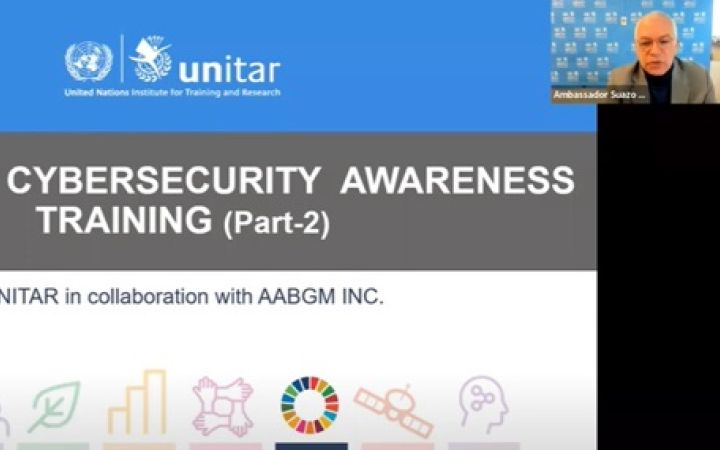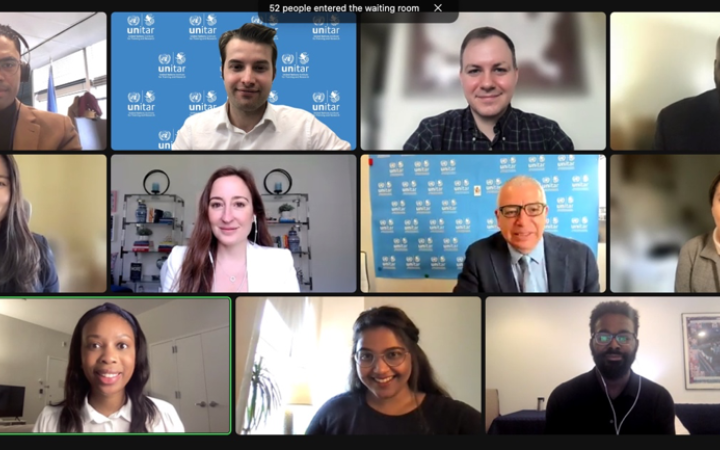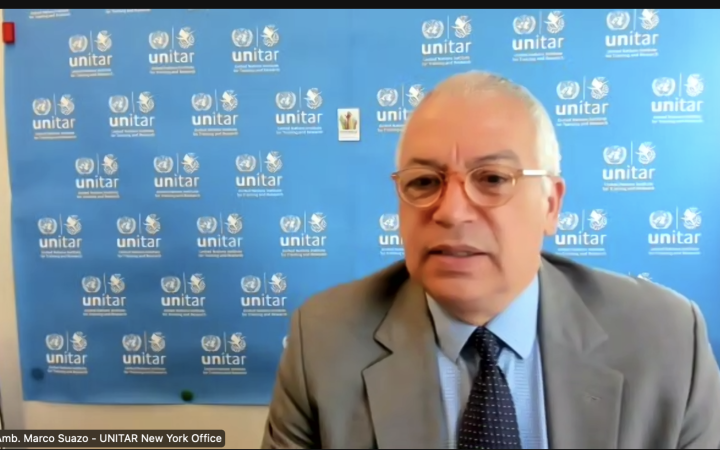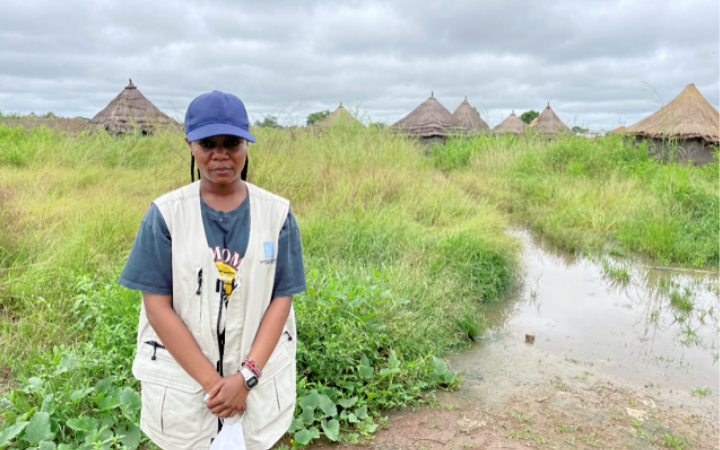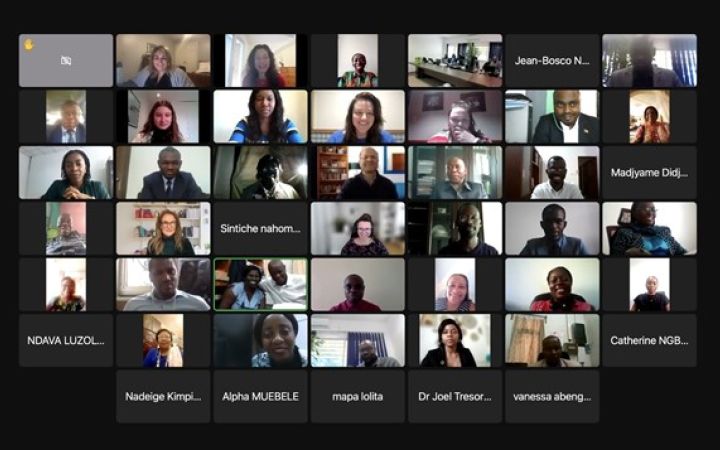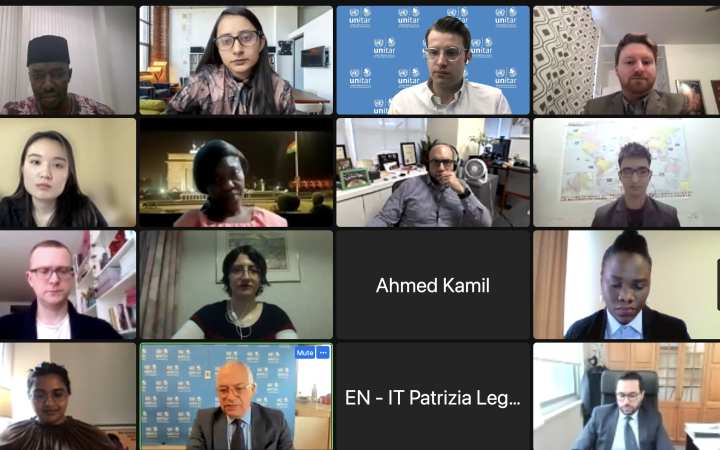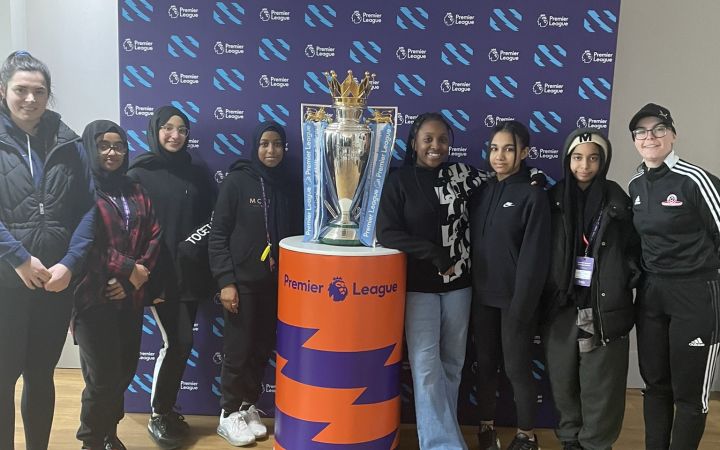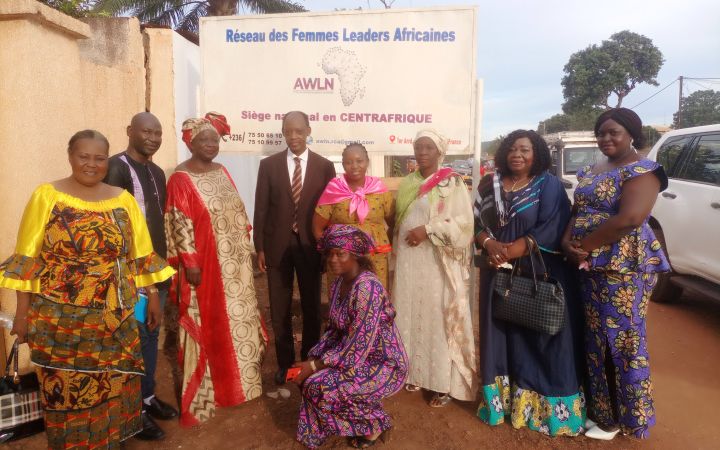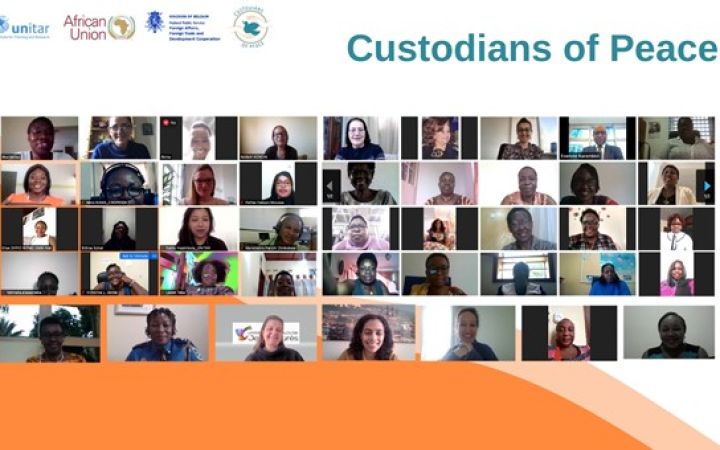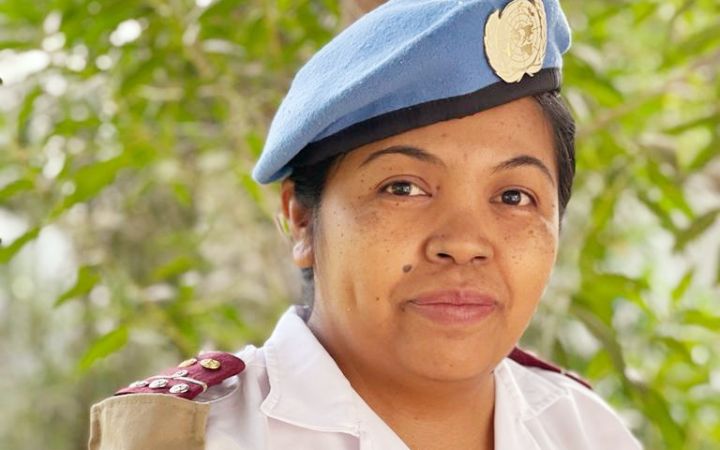Displaying 51 - 60 of 175
4 May 2022, New York, United States (Virtual) – The United Nations Institute for Training and Research (UNITAR) New York office, in partnership with AABGM Inc. - a Microsoft and EC Council certified leading company in the Cybersecurity field, kickstarted the event on Cybersecurity Awareness Training (Session 2) - Advanced Cybersecurity.
21 April 2022, New York, United States (Virtual) – The United Nations Institute for Training and Research (UNITAR) New York office, in partnership with the Columbia Law School Mediation Clinic, kickstarted last of the three-event Spring 2022 presentations of the Columbia Law School Series with the final session titled, “Columbia Law School Series- Amplify: Lead by Lifting Others”. Garnering 138 participants from around the world, the event successfully highlighted the benefits of elevating fellow colleagues in the workspace and the necessities of doing so. The goal of this final session in the 2022 Columbia Law School Series was to impart what amplification is, how to do it most effectively, and why amplification does more than simply elevating people's voices.
On 20 April 2022, New York, United States (Virtual) – The United Nations Institute for Training and Research (UNITAR) New York office, in partnership with AABGM Inc. - a Microsoft and EC Council certified leading company in the Cybersecurity field, kickstarted the event on Cybersecurity Awareness Training. This is a newly developed training programme having two sessions: (1) Cybersecurity Fundamentals, and (2) Advanced Cybersecurity.
“Guidance from the course was essential in informing my project strategy and there is a lot of change in how I think that has really been informed by the training”.
1 April 2022, Geneva, Switzerland - Negotiating for peace and engaging in dialogue to address challenges is a top priority for Africa – a continent that is committed to “silencing the guns” and building lasting peace. Given the recent instability observed in Central Africa, the UNITAR Training Programme to Enhance Conflict Prevention and Peacemaking in Central Africa Region, was very well received by the mid and senior-level female and male officials from Ministries of Foreign Affairs, staff from the African Union, from UN peace missions in the region and from civil society. French version below.
31 March 2022, New York, United States (Virtual) – The United Nations Institute for Training and Research (UNITAR) New York office, in partnership with the Columbia Law School Mediation Clinic, continued the three-event Spring 2022 presentations of the Columbia Law School Series with the second session entitled “Negotiation Fundamentals for Diplomatic Leadership”. The session gathered over 200 participants from around the world and covered the topic of navigating negotiations and asking the right questions to achieve desired goals and outcomes.
As part of an ongoing commitment to achieving gender equality and empowering women and girls, UNITAR has partnered with the Premier League, Premier League Charitable Foundation and Sport Relief to create ‘Changemakers,’ a leadership and empowerment programme for self-identifying young women and girls aged 11 - 18.
In its continued efforts towards the realisation of the goals outlined in the Women, Peace and Security (WPS) Agenda, UNITAR has joined forces with The Office of the Special Envoy of the Chairperson of the African Union Commission on Women, Peace and Security (OSE) through the secondment of a Gender Monitoring Specialist.
Did you know that when women participate in peace processes, the resulting agreement is 35% more likely to last 15 years? But did you also know that between 1992 and 2019, women represented only 13% of negotiators, 3% of mediators, and 4% of signatories in major peace processes? To combat the disconnect between these statistics, UNITAR has codeveloped with FemWise-Africa the Custodians for Peace project which empowers women with the skills and confidence to directly participate in peace processes.
Recognizing that women continue to face significant barriers to equitable and meaningful participation in peace operations, in November / December 2021, UNITAR and the UN DPO Justice and Corrections Service (JCS) jointly held an Assessment and outreach exercise for women corrections officers in Dakar, Senegal.


